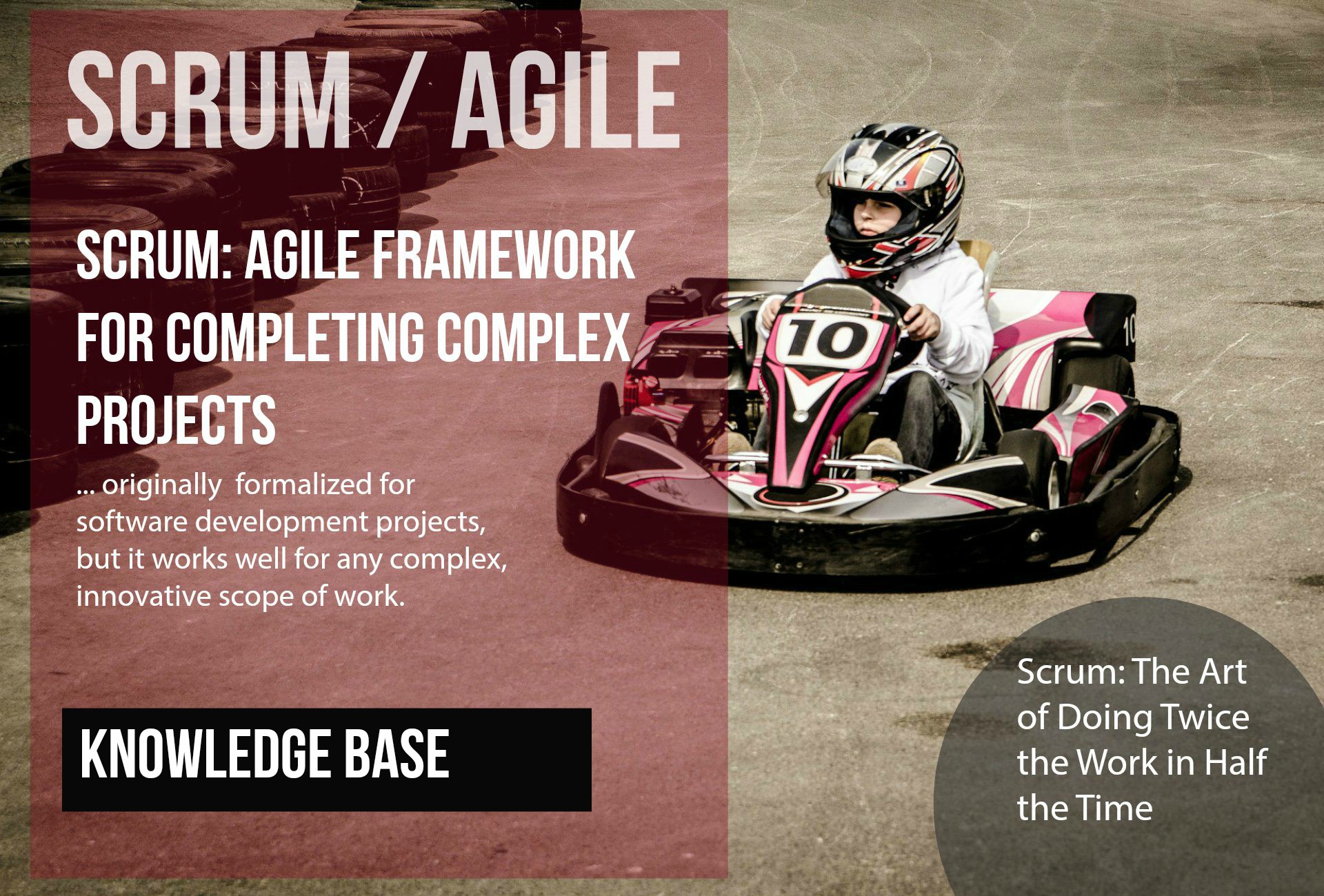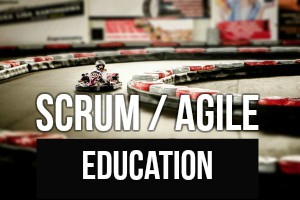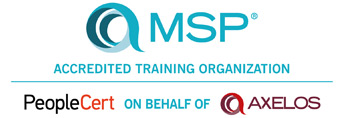
SCRUM/AGILE Knowledge base
Find lots of useful SCRUM/AGILE resources ( posters, infographics, sample exams, guides, webinars…).
Scrum is an iterative and incremental agile software development framework for managing product development. It defines “a flexible, holistic product development strategy where a development team works as a unit to reach a common goal”, challenges assumptions of the “traditional, sequential approach” to product development, and enables teams to self-organize by encouraging physical co-location or close online collaboration of all team members, as well as daily face-to-face communication among all team members and disciplines in the project.
- A product owner creates a prioritized wish list called a product backlog.
- During sprint planning, the team pulls a small chunk from the top of that wish list, a sprint backlog, and decides how to implement those pieces.
- The team has a certain amount of time — a sprint (usually two to four weeks) — to complete its work, but it meets each day to assess its progress (daily Scrum).
- Along the way, the ScrumMaster keeps the team focused on its goal.
- At the end of the sprint, the work should be potentially shippable: ready to hand to a customer, put on a store shelf, or show to a stakeholder.
- The sprint ends with a sprint review and retrospective.
- As the next sprint begins, the team chooses another chunk of the product backlog and begins working again
SCRUM® is a Registered Trade Mark of Ken Schwaber and Jeff Sutherland, All Rights Reserved, and is registered in the U.S. Patent and Trademark Office.
Links – SCRUM / AGILE
Useful links
Well-known agile software development methods and/or process frameworks include:
- Agile Unified Process (AUP)
- Crystal Clear Methods (Crystal Clear)
- Extreme programming (XP)
Agile methods
The agile methods are focused on different aspects of the software development life cycle. Some focus on the practices (e.g. XP, pragmatic programming, agile modeling), while others focus on managing the software projects (e.g. Scrum).
Agile development is supported by a bundle of practices suggested by the agile methods, covering areas like requirements, design, modeling, coding, testing, project management, process, quality, etc.
Agile practices include:
- Backlogs (Product and Sprint)
- Domain-driven design (DDD)
- Information radiators (Scrum board, task board, burndown chart)
- Scrum meetings (Sprint planning, daily scrum, sprint review and retrospective)
- Test-driven development (TDD)





